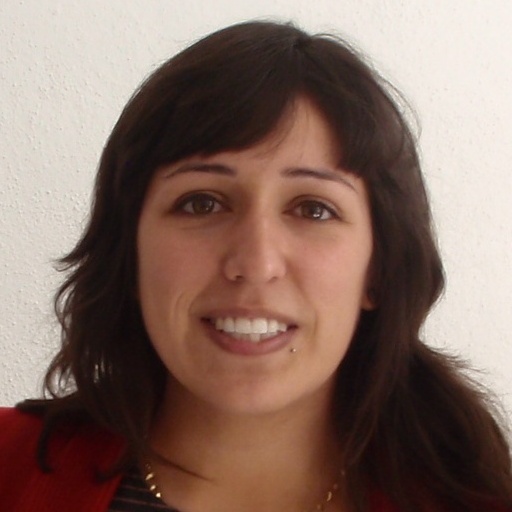What you should know about the Basque language

The Basque language, also known as the Euskera language, has ancient roots. It is the only remaining language spoken in southwestern Europe that predates the Romanization of the region. Basque is spoken in the northern part of Spain, along the Bay of Biscay in the autonomous community of the Basque country. It is also widely spoken in three provinces in the southwest of France. Altogether, nearly one million people speak Basque today.
The Basque language is distinct in its pronunciation, syntax and grammar. It differs completely from Castilian Spanish, so learning a bit of Basque could pose an interesting challenge even to language enthusiasts. From its origins to the basics of Basque grammar, here are the key points about the Basque language that you should know.
- Basque language: History and origins
- Grammatical rules of Basque language
- Basque language alphabet and pronunciation
- Basic phrases of Basque language
Learn languages at your pace
Basque language: History and origins
To understand the Basque language, it helps to journey back to its origins.
The Iberian Peninsula (today home to Spain and Portugal) was invaded by the Romans in 218 BCE. The Romans brought their Latin language along with them. With time, Latin became the foundation for the Romance languages, a wide-ranging group that includes Spanish, French, Italian, Portuguese and Romanian.
However, Basque people and their language existed before the Romans arrived. Genetic testing suggests that modern-day Basque people descended from Neolithic people in the region.
Basque, or Euskera, is also a language isolate. That means it has no relationship to any other existing language, making Euskera totally unique in the world.
Grammatical rules of Basque language
Syntax-wise, Basque language has a basic structure of subject-object-verb:
| Basque | English |
| Umea kalean erori da (Child the street in fall is) | The child fell in the street |
Basque language also has “free word order,” which means that sentence structures can vary in their arrangement yet maintain the same meaning.
Verbs
Basque verbs have complex structures and behave unlike those of any other Romance language. There are two tenses: present and past. Most verbs in Basque exist in only a non-finite form which is, in turn, used to create compound structures.
Sentences also vary based on whether the verb is transitive or intransitive. This will modify the subject:
- Intransitive (no “k”): Ni Alison naiz. (I’m Alison.)
- Transitive (“k” added): Nik liburua dut. (I have a book.)
Learn languages at your pace
Basque language alphabet and pronunciation
Basque is written with the Latin alphabet. The Basque alphabet is similar to the English alphabet, except:
- There is no q, w or y in Basque
- There is an ñ
- There are compound letters: dd, ll, rr, ts, tt, tx and tz
Words written in Basque with w, y, q or ç are likely borrowed from another language.
Compound letters
- ll /yuh/ as in canyon
- rr /rr/ as in the Spanish rolled r
- ts /ts/ as in tsunami
- tt /tyuh/
- tx /ch/ as in chocolate
- tz /tz/ as in tsetse fly
Basic phrases of Basque language
- bai (yes)
- ez (no)
- aupa (hello)
- egun on (good morning)
- eguerdi on (good midday)
- arratsalde on (good afternoon)
- gabon (good evening)
- berdin (likewise)
- zer moduz? (How are you?)
- oso ondo (very good)
- txarto (bad)
- mesedez (plaese)
- esskerrik asko (thank you very much)
- ez da ezer (you’re welcome/it’s nothing)
Euskera is an original
Basque language is unlike anything else. It has complex grammar and a lot of unique words. When you hear it spoken, there’s no confusing it for any other language. If you’re lucky enough to visit the Basque region of Spain, enjoy some wine and flex your language skills with some basic Euskera phrases.













